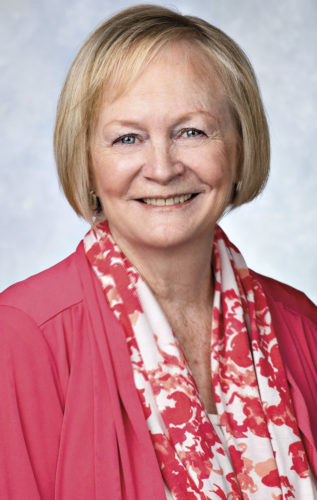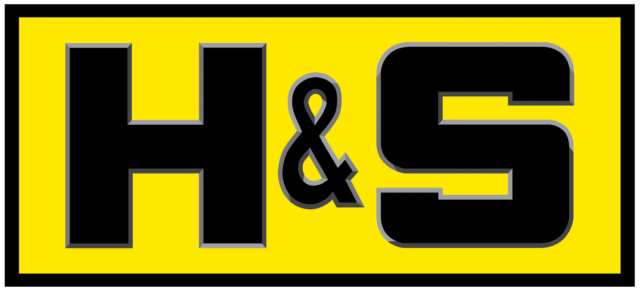Are your abilities what you think they are? Most people describe themselves as better than average when asked about any field wherein the individual has an interest.
In “Unskilled and Unaware of It,” authors Kruger and Dunning argue that if we are below average, it’s likely we wouldn’t have the self-assessment skills to know it.
Therefore, we would likely overestimate our abilities. We simply wouldn’t know any better.
However, the authors argue that those who really are above average are generally not confident about it. The theory goes: Once we know a lot, we know how much we don’t know.
Their theory in a nutshell is: The minute you think you’re good at something is the moment you’re not. The antidote, then, is to surround yourself with people who are humble but smart and willing to tell you you’re wrong.
I really don’t give a fig about the study’s veracity (and critics were quick to try and poke holes in it the minute it was posted), but I am interested in the question it poses. Let’s bring it closer to home.
As a forage producer, let’s say you rate yourself above average. Plenty of evidence to support that, yes?
You’re still in business, you’re paying your bills, maybe you recently made some improvements to your operation, and you certainly know producers in worse economic shape – so you conclude you’re above average.
But according to statistics of the bell curve, if we took every producer who is actively engaged in production, who is paying bills and recently made some improvements, we’d still end up with a bell curve, and statistics would verify that self-assessments are overestimated, regardless of the standards used for the assessment.
In other words, the more confident you are about your ability, the more likely you are to overestimate your ability. Ouch – that feels like a punch below the belt.
But I’m not trying to deliver a haymaker to the jaw of your self-confidence. (What editor in her right mind would purposely offend the readers?) I’m simply suggesting you and I re-examine topics we think we already know.
Take silage, for instance. The pages of this issue present several articles on silage production. How many times have you already read about re-sizing piles, timing maturity and moisture, or kernel processing? Dozens? Hundreds? And how would you rate your performance during harvest – above average?
Be careful here … if in your own mind you rate yourself above average in silage-harvesting techniques, you probably have a problem but don’t know that you don’t know.
You may feel confident based on moisture readings or NDF and starch tests, kernel processing scores and a number of other factors – which would be great – but that’s not the point.
The point is: Once we feel like we know it all, then we’ve probably closed our minds to learning more. And the antidote is to surround ourselves with humble, smart people who are willing to tell us we’re wrong and teach us more.
And that’s why it’s important to revisit seemingly familiar topics. Which is why you should keep this issue of Progressive Forage Grower near your recliner, where you can easily reach it as you recover from your most recent face-planting.
As soon as I’m finished with it, I can loan you my icepack and aspirin if you need it. FG
To read Kruger and Dunning’s theory as you recuperate, see Unskilled and Unaware of it: (PDF, 1.4MB)
Lynn Jaynes
Editor
Progressive Forage Grower









